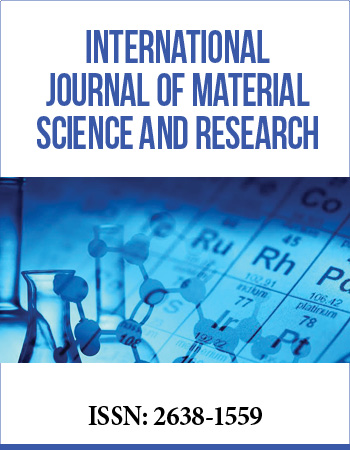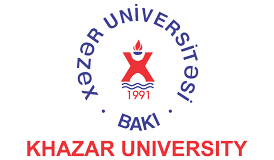International Conference on Materials Science and Research
November 16-18, 2017 Dubai, UAE
Lead Pollution Abatement in the Greater Cairo Area
Mechanical Power Engineering Department, Cairo University, Egypt
Studies that investigate the environmental health risks to Cairo residents showed that lead is one of the areaʼs major health hazards. Several references report ambient lead levels is up to 10 µg/m3 in many areas of Cairo and in the range of 10-50 µg/m3 in industrial areas. Studies of blood lead levels in Cairo residentʼs report that some children, the most sensitive receptors in the population, have blood lead concentrations up to three times the “safe” level. Many efforts have been done to reduce the ambient lead concentrations, and contamination with lead in industrial areas. The degree of lead levels in the atmospheric air in the greater Cairo area is discussed, the analysis showed that lead emitted to the atmospheric air was reduced annually from 2669 tons in 1999 to 916 tons in 2001 tons and eventually to 132.55 tons in 2010, also the ambient lead levels were measured during the period of 1999 through 2010, measurements showed that lead concentrations decreased dramatically from 1999 to 2010. The largest change was at industrial area where PM10 lead decreased from 33.7µg/m3 during winter, 1999 to 0.3µg/m3 during summer, 2010.
A completed preliminary analysis was done to evaluate the most contaminated site “Lead Smelter” site in terms of its potential to pose risks to people and the environment. During this assessment, soil and water samples were taken and analyzed for various contaminants and preliminary conclusions. High concentrations of lead and other hazardous metals in the soil—reaching a maximum value 78 percent render the site heavily polluted, which pose an extreme environmental hazard and serious health problems especially for children.
Remediation guidelines for lead smelters is provided and the health risk on the residents of the neighborhood is decreased
Biography:
Dr. Zeinab Safar is Emeritus Professor of Mechanical Engineering Department at Cairo University; she had her B.S. degree from Cairo University, M.S. degree and Ph.D from University of Pittsburgh, USA. In addition to Cairo University Dr Safar worked in many universities as visiting professor such as University of California Berkeley, Aachen University and the American University in Cairo. She has more than 80 publications in the areas of Tribology, Energy, and Environment in International Journals and Conferences. Dr. Safar has received the Change Agent Award from ABI and the Community Research Prize from Cairo University. She is a member of the Board of the Electricity Holding Company and the National Committee of Women in Science and Technology in the Academy of Scientific Research.



